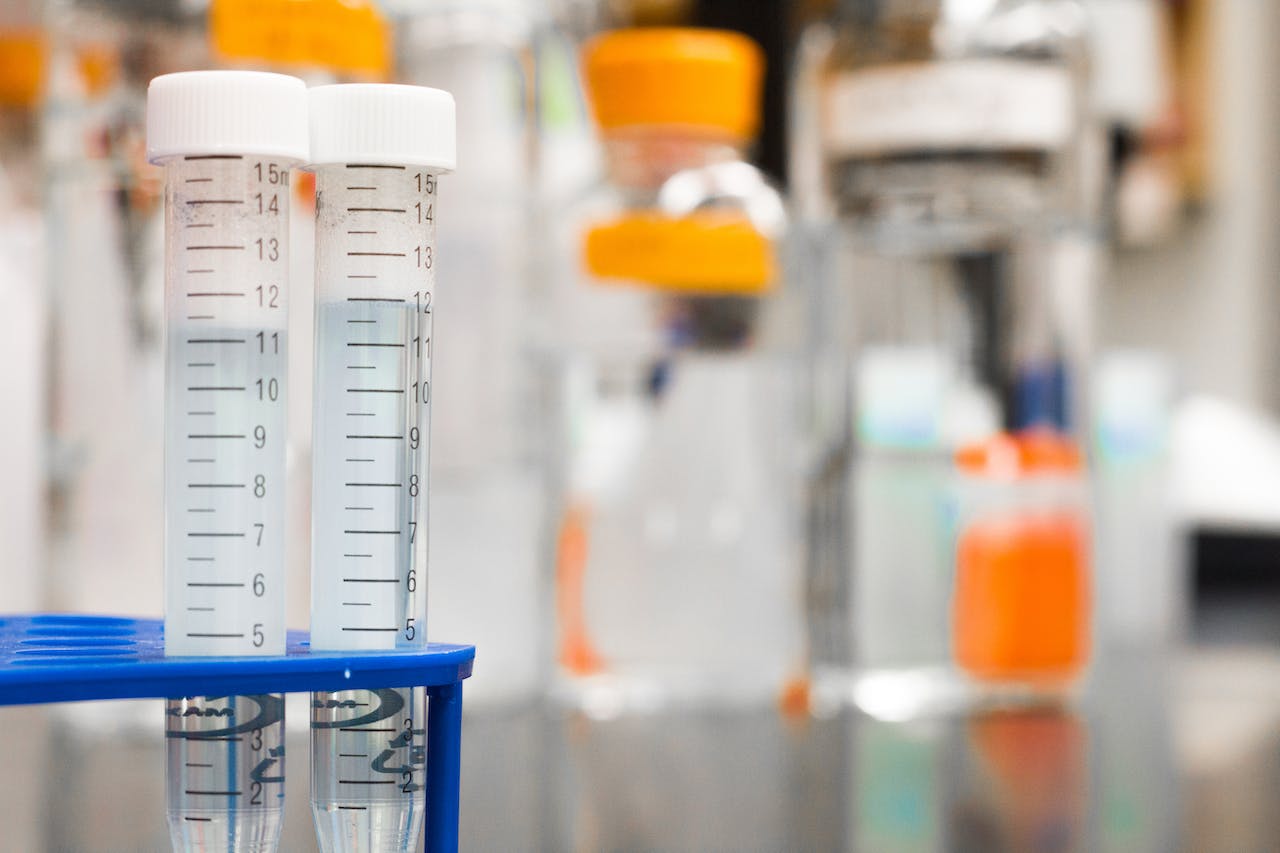Driving is a physically demanding job, which, unfortunately, can sometimes entice truck drivers to take drugs or resort to other substances to perform their duties. However, such behaviors can lead to truck accidents and other legal issues, negatively impacting a trucking company's reputation, CSA score, and more.
This is why truck companies must conduct a random drug test, determined by the FMCSA, each year on a specific percentage of their drivers. These regulations and others play a crucial role in drug screen compliance. To ensure safety concerns and regulatory requirements, here is a comprehensive guide on drug screen compliance for truckers.
Regulatory Framework
The Federal Motor Carrier Safety Administration establishes drug and alcohol testing regulations for commercial motor vehicle (CMV) drivers. These regulations apply to drivers who:
• Operate vehicles with a gross vehicle weight rating (GVWR) of 26,001 pounds or more
• Vehicles designed to transport 16 or more passengers
• Vehicles transporting hazardous materials
Types of Tests
There are five drug screen compliance tests that occur in the trucking industry:
1. Pre-employment Testing
The most common drug screen testing occurs during pre-employment when drivers are hired. Trucking companies are required to perform drug tests on prospective drivers before employment. A negative test result is necessary before the company can hire a driver.
2. Post-Accident Testing
Truck drivers who are involved in accidents that result in fatalities or injuries requiring medical treatment or significant vehicle damage must undergo drug and alcohol testing.
3. Random Testing
All trucking companies that want to ensure drug screen compliance in the U.S. must perform annual unannounced and random drug tests on a specific percentage of their truck drivers. The FMCSA determines the percentage.
4. Reasonable Suspicion Testing
Supervisors or trained company officials can perform drug and alcohol tests on truck drivers if they have reasonable suspicion.
5. Return-to-Duty Testing
Truck drivers who have violated drug and alcohol regulations that return to work must undergo a specific testing process and receive a negative result before being allowed to return to safety-sensitive functions.
Substances Tested
Truck drivers can be tested for various substances mandated by the FMCSA. Mandatory testing checks if the following substances are present:
• Cocaine
• Marijuana
• Opiates such as heroin
• Amphetamines, including methamphetamine
• Phencyclidine (PCP)
However, truck companies and employers can choose additional tests that identify further substances beyond the FMCSA requirements to ensure safety.
Testing Procedures & Consequences of Positive Tests
Drug tests can only be performed in certified laboratories using approved testing methods. The most commonly collected samples for drug testing are urine, hair, or saliva. Tests are conducted using screening and confirmation processes to ensure accurate results.
Chain of custody procedures must be followed to maintain the sample's integrity and prevent tampering. Trucking companies must maintain records related to drug and alcohol testing for a specified period and report the results to FMCSA's Drug and Alcohol Clearinghouse.
Non-compliance with drug screen regulations can lead to fines, penalties, or revocation of operating authority for trucking companies. Drivers with positive tests must be removed from safety-sensitive functions and can have their employment contracts terminated. Drivers who test positive must complete a return-to-duty process involving several processes to return to work.











